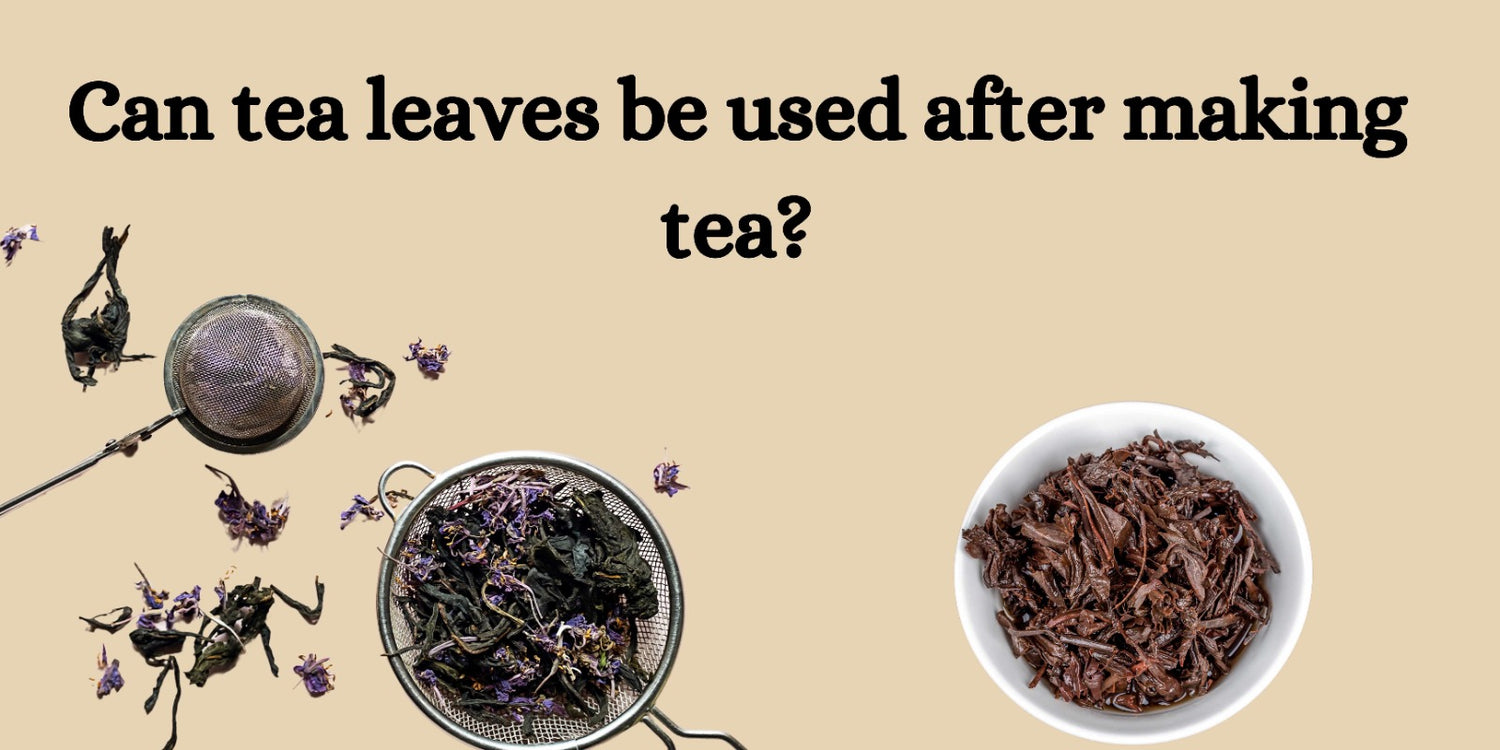Tea is a beloved beverage enjoyed by many for its soothing aroma and comforting warmth. But what happens to the tea leaves once the tea has been brewed and enjoyed? Instead of discarding them, tea leaves have hidden potential beyond their initial use. In this article, we will explore the creative and sustainable ways you can repurpose tea leaves after making tea, turning what might have been waste into something valuable and beneficial.
1: Enhancing Flavors in Cooking:
One of the most common ways to reuse tea leaves is by incorporating them into cooking. Tea leaves carry unique flavors and aromas that can enhance various dishes, both savory and sweet. For example, you can infuse rice or grains with tea leaves during cooking to impart a subtle, earthy note to the dish. Tea leaves can also be used to smoke meats or fish, adding a distinct flavor profile. Furthermore, dried tea leaves can be ground into a powder and used as a seasoning or rub for meats, vegetables, or desserts.
2: Natural Home Deodorizer:
Tea leaves can also act as a natural deodorizer for your home. After brewing tea, allow the used tea leaves to dry out completely. Once dry, sprinkle the tea leaves in areas prone to odors, such as trash cans, shoe closets, or pet bedding. The porous nature of tea leaves helps to absorb and neutralize unpleasant smells, leaving your home smelling fresh and clean. You can also mix dried tea leaves with baking soda and essential oils to create a homemade potpourri or carpet freshener.
3: DIY Beauty Treatments:
Tea leaves possess beneficial properties that can be harnessed for skincare and haircare. After brewing tea, allow the used tea leaves to cool and place them in a bowl. Mix the tea leaves with honey or yogurt to create a nourishing face mask that can help exfoliate and brighten your skin. Tea leaves can also be added to your bathwater for a relaxing soak, as they contain antioxidants that promote skin health. Additionally, you can use brewed tea leaves as a rinse for your hair to add shine and improve scalp health.
4: Natural Fertilizer for Plants:
Tea leaves can be a valuable resource in gardening as well. Rich in nutrients like nitrogen and trace minerals, used tea leaves can serve as an organic fertilizer for your plants. Simply sprinkle the dried tea leaves around the base of your plants or mix them into the soil to provide essential nutrients that support healthy growth. Tea leaves also help improve soil structure, retain moisture, and attract beneficial earthworms. By composting tea leaves along with other organic matter, you can create nutrient-rich soil for your garden.
Conclusion:
From enhancing flavors in cooking to acting as a natural deodorizer, DIY beauty treatments, and natural fertilizer for plants, tea leaves have numerous creative and sustainable uses beyond brewing tea. By exploring these alternative ways to repurpose tea leaves, you can unlock their hidden potential and reduce waste in a resourceful manner.




